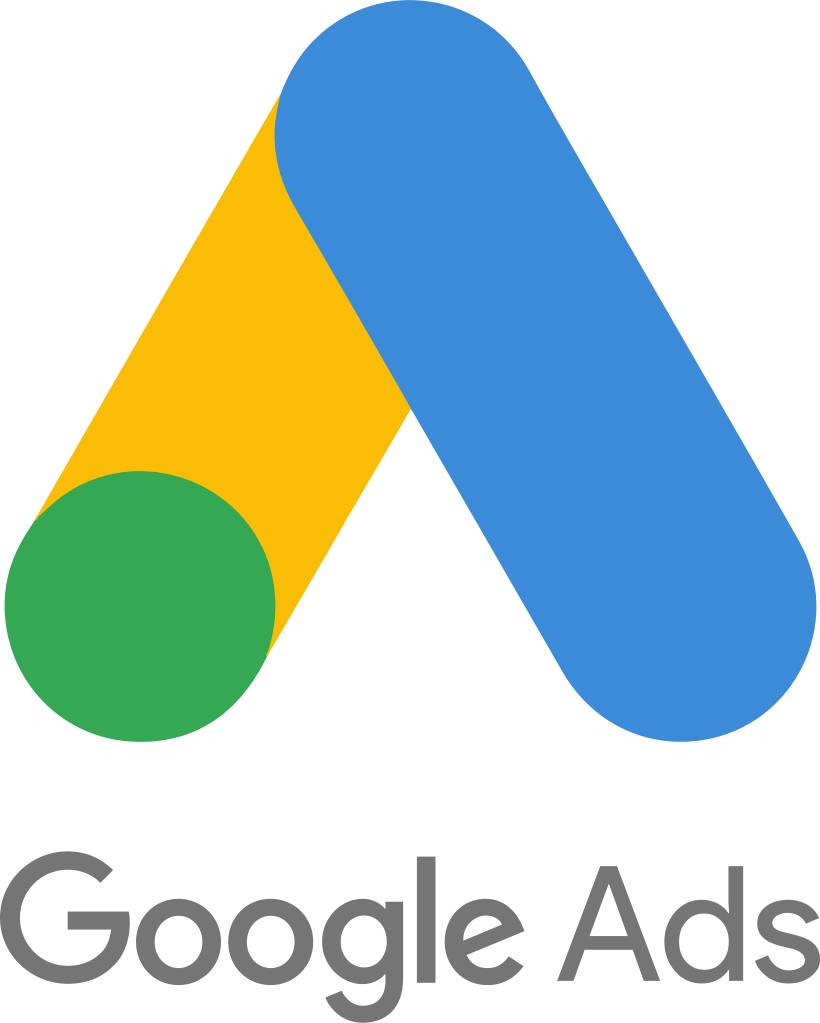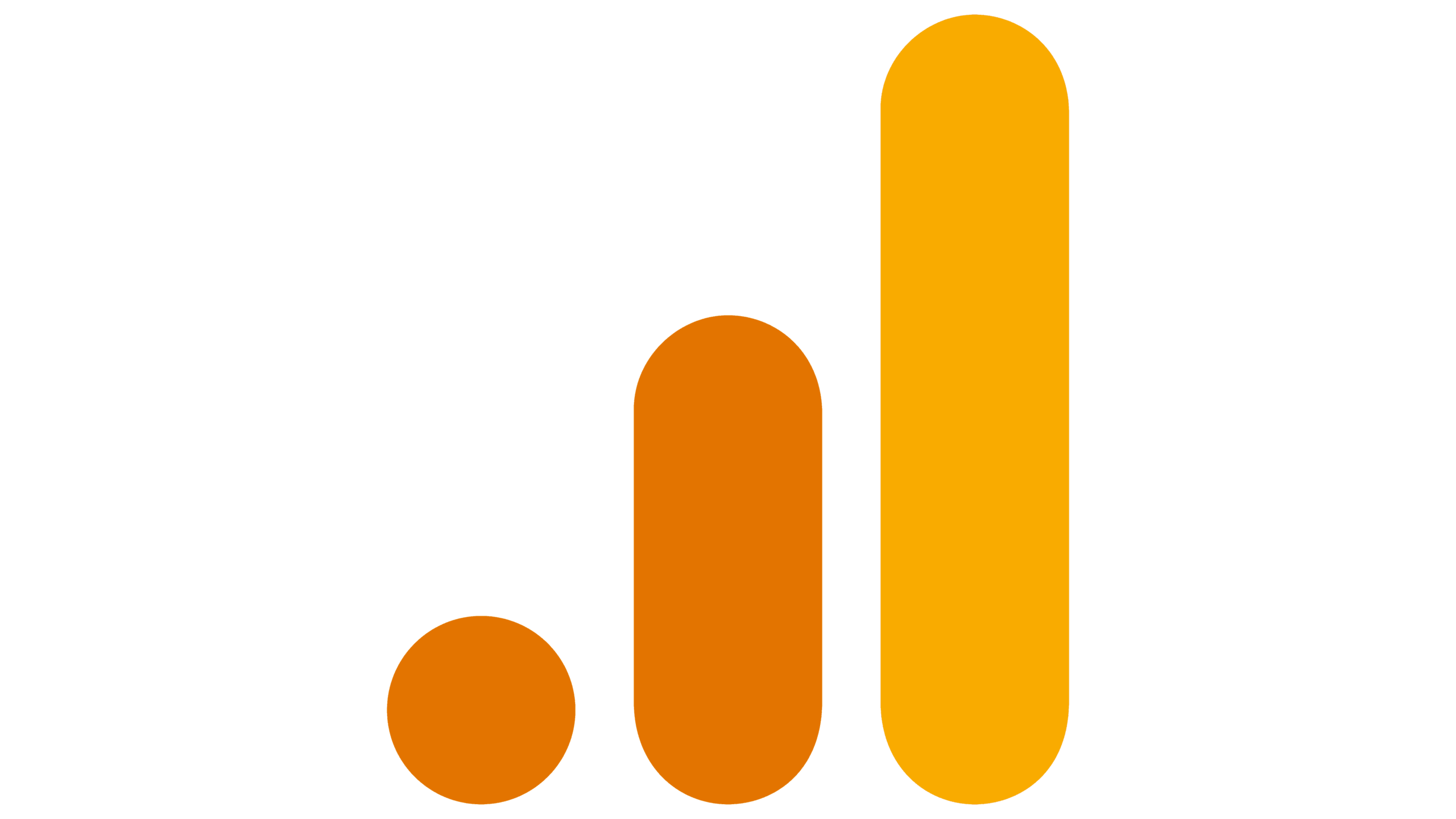8 Benefits Of An Optimized Website
- Type Blog Article
- Date 14 Sep 2022
- Published gregreynoso.com
- Topic Website Optimization
I help brands connect with their audiences through clear, compelling content—from case studies and product narratives to sales tools and go-to-market messaging. I thrive at the intersection of storytelling, strategy, and execution.

I distill complex ideas into clear, compelling messages that resonate with audiences and support go-to-market efforts.
From pitch decks to product one-pagers, I craft assets that empower sales teams to close deals and educate prospects.
I lead the end-to-end process of turning customer stories into high-impact case studies that build trust and drive conversion.
I collaborate on brand-forward design—guiding layout, hierarchy, and messaging across decks, landing pages, and content hubs.
I align content and campaigns to business goals, working cross-functionally to support product launches and messaging rollouts.
I leverage a range of modern marketing tools and tech stacks to streamline workflows, scale content, and drive results.

An optimized website can offer a number of benefits for businesses, including increased traffic, higher conversion rates, and improved SEO rankings. Below, I have gathered 8 benefits of an optimized website. Users prefer websites that are quick, relevant, and easy to navigate. Don’t lose a potential lead or sale due to a website that is not optimized to perform well.
An optimized website will load faster and be more responsive, providing a better user experience that will encourage visitors to stay on the site longer. Additionally, an optimized site will be easier to find through search engines, resulting in more traffic.
A website that loads quickly and is easy to navigate is more likely to convert visitors into customers or leads. By improving the user experience, businesses can increase their chances of making a sale or generating a lead.
Search engines take into account a number of factors when ranking websites, including load time and responsiveness. Optimizing these elements can help improve a website’s ranking in search engine results pages (SERPs), resulting in more organic traffic.
An optimized website will use less bandwidth and require fewer resources, resulting in lower hosting and maintenance costs. Additionally, businesses can save money on paid advertising by improving their organic search rankings.
A well-designed, optimized website conveys professionalism and credibility, which can instill confidence in potential customers and help convert them into paying customers.
By providing a better user experience, businesses can keep visitors on their website longer, which can lead to improved customer satisfaction and loyalty.
An optimized website can be accessed by a wider range of people, including those who use assistive technologies such as screen readers and voice-activated search. This can help businesses tap into new markets and expand their reach.
Ultimately, an optimized website can help businesses achieve their goals, whether it’s generating leads, selling products and services, or building brand awareness. When done right, optimization can be a powerful tool for driving business growth.
By optimizing your website, you can expect better business results. It’s that simple. If you feel that your website may need to be optimized or redesigned and you don’t know where to begin, you can search for a reputable professional, or agency to help you reach your business goals. You can search for a reputable professional by searching on Google, or what I begin with, asking within my circle of friends and family. You can find a professional recommendation through word of mouth in most cases.

In 2022, Facebook is expected to have over 2.5 billion active users – so if you’re not advertising on the platform, you’re missing out on a huge potential customer base. But how much does Facebook advertising cost? And how can you ensure that your ads are effective? In this blog post, we’ll explore everything you need to know about Facebook advertising costs and how to make the most of your budget.
When it comes to Facebook advertising, there are two key factors that will affect how much you spend: your ad objectives and your target audience. Your ad objective is the overall goal of your campaign – for example, increasing brand awareness or driving website traffic. And your target audience is who you want to see your ads – for example, people in a certain location or people who have engaged with your brand in the past.
Once you’ve determined your ad objectives and target audience, you can start to think about how much you want to spend on your Facebook advertising campaign. The great thing about Facebook advertising is that you can set your own budget – how much you spend is entirely up to you. You can launch a Facebook advertising campaign for as little as $5 per day.
Of course, how much you spend will also affect how successful your campaign is. If you’re working with a limited budget, you might not be able to reach as many people as you would like. But if you have a larger budget, you can reach more people and have a better chance of achieving your advertising goals.
To get started, you need to set a budget for your Facebook advertising campaign. This will help you determine how much you’re willing to spend on each ad, as well as the overall cost of your campaign. Once you’ve set a budget, you can start researching how much each ad will cost. The cost of Facebook advertising is just one part of the equation. You also need to consider the return on investment (ROI) of your campaign. This will help you determine whether or not your Facebook advertising campaign is worth the cost and time.
Advertising on Facebook is not as simple as creating a post and sharing it with your friends. In order to create an effective campaign, you need to consider your goals, target audience, budget, and more. With a little planning and research, you can create an effective campaign that fits your needs – and your budget.
If you’re thinking about promoting your business on Facebook, remember to consider the cost of Facebook advertising as well as the potential ROI of your campaign. By doing so, you can make sure that your Facebook advertising campaign is a wise investment for your business.
The bottom line is that there is no set answer to how much Facebook advertising costs. It all depends on your specific goals and budget. But with a little planning and research, you can create an effective campaign that fits your needs – and your budget.
Led DTC strategy at TOKYOPOP, growing email revenue by 70%, SMS by 60%, and total store revenue by 40% through a full Shopify relaunch, retention overhaul, and the launch of a loyalty and referral program. Also managed paid media, influencers, and affiliate programs, while streamlining the martech stack for better attribution and automation
Partner with founders and executive leadership to lead multi-platform marketing strategies that drive performance, ROI, and business growth. Oversee integrated campaigns across content, paid media, and automation while collaborating with global teams on digital product strategy and customer journey optimization. Deliver results-driven solutions through cross-functional work with designers, developers, and analysts.
Created sales enablement content from scratch—including decks, training guides, and long-form narratives—by translating complex product documentation into clear, persuasive messaging. Developed educational content to support go-to-market efforts. Collaborated cross-functionally on product launches and content strategy, while leveraging AI tools like Synthesia to streamline content development.














